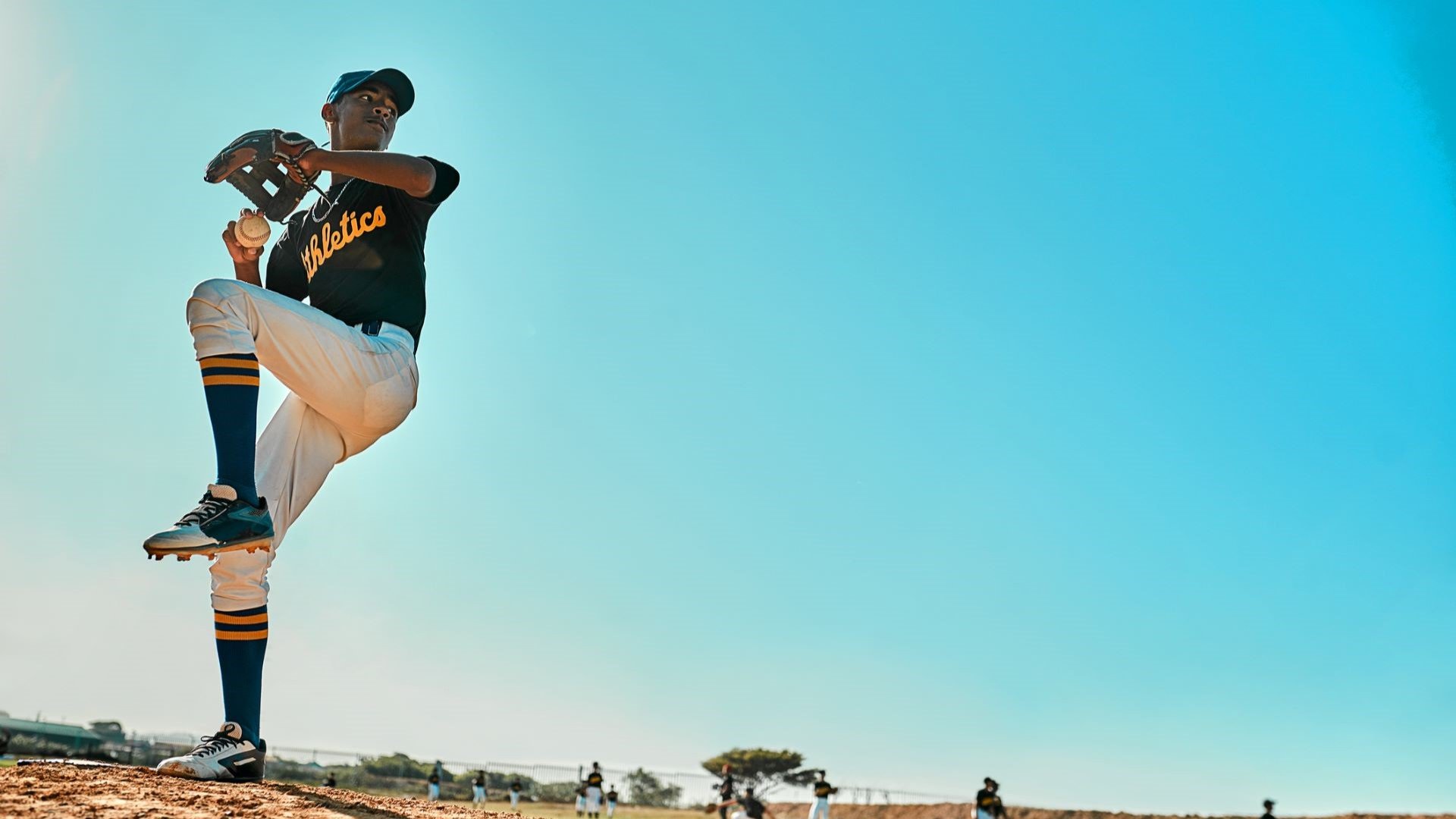Prevent and Report Athlete Abuse: The Safe Sport Act

Allegations of sexual misconduct by team doctors in recent years reinforce the need for enhanced child abuse prevention and reporting standards in higher education and K-12 athletics. Athletic programs must enact stronger reporting policies to prevent further abuse.
The Protecting Young Victims from Sexual Abuse and Safe Sport Authorization Act of 2017 (Safe Sport Act), signed into law February 2018, is designed to protect athletes from emotional, physical, and sexual abuse. It created new reporting and training requirements for amateur sports organizations. Many of these standards are considered best practices for child abuse prevention.
Your K-12 school, college, or university is considered an amateur sports organization that must comply with the act if a team competes outside its home state and includes minor athletes. Take these actions if your institution meets these criteria.
Treat Athletics Staff, Volunteers as Mandatory Reporters
Under the Safe Sport Act, if a school athletic team includes minors and conducts interstate travel, all the team’s personnel are mandatory reporters. The act states that mandatory reporters with reason to suspect abuse must follow their state’s reporting statute and report suspected abuse to law enforcement within 24 hours. Through policy language and training, educate mandatory reporters on the state’s mandatory reporter requirements.
Train Staff, Volunteers on Prevention and Reporting Requirements
The act requires amateur sports organizations to train adults in regular contact with minor athletes to prevent and report child abuse. Training should include:
- Sexual misconduct prevention
- Grooming behaviors sexual predators exhibit such as exhibiting preferential treatment toward students, excessively touching or hugging students, sharing inappropriate secrets, and making sexual comments about students
- Appropriate boundaries
- Mandatory reporting requirements
- Applicable federal, state, and school/institution reporting procedures
Strengthen School Policies
The act requires affected schools to:
- Limit one-on-one interactions between minor athletes and adults to those that are observable by another adult and within an interruptible distance, except in emergencies.
- Prohibit retaliation by the organization against anyone who reports abuse under the mandated reporter law. Also ban retaliation by staff or students against anyone who reports suspected abuse. Students are likelier to report abuse when they do not fear retaliation.
Policies also should reference the state mandatory reporter law. Identify which personnel are considered mandatory reporters under state and federal law, including athletic reporters under the act.
Add Disciplinary Records Search to Background Checks
Under the act, Olympic organizations must report allegations of athlete abuse to the U.S. Center for SafeSport (USCSS), which investigates and resolves allegations and catalogues any disciplinary records. When hiring new athletic employees or performing periodic background checks, consider searching the public USCSS database of disciplinary actions.
More from UE
Protecting Children Course Collection for Higher Ed
Protecting Children Course Collection for K-12
Additional Resources
About the Author
-

Melanie Bennett, Esq., ARM-E
Senior Risk Management Counsel
In her role on UE’s Risk Research team, Melanie dives into timely topics affecting education. Her areas of expertise include protecting minors, enterprise risk management (ERM), technology accessibility, and athletics. Prior to joining UE, she interned at the U.S. Department of Education’s Office for Civil Rights. Melanie serves on the Higher Education Protection Network’s (HEPNet’s) Board of Directors.





